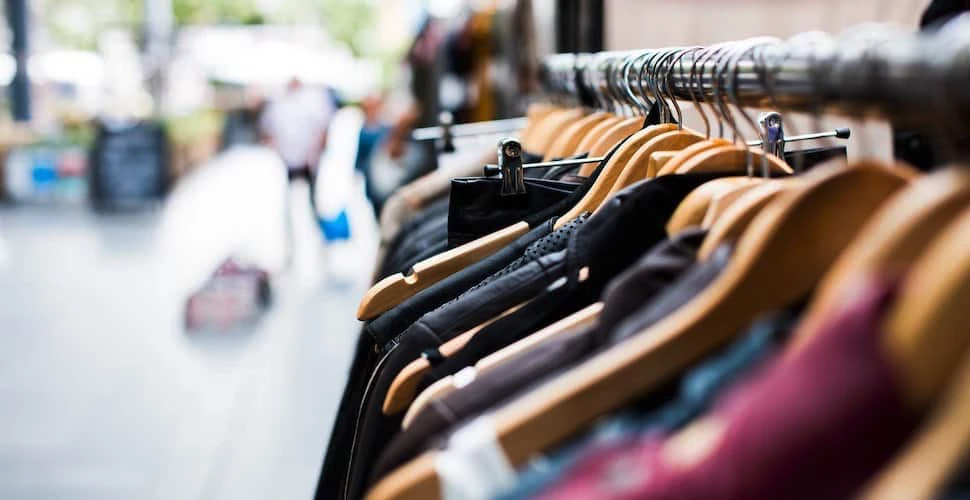Former U.S. Customs and Border Protection Commissioner, Alan Bersin, has only praise for the Uyghur Forced Labor Protection Act (UFLPA). The UFLPA, which came into force on June 21, 2022, prevents any product partially or totally manufactured in the Uyghur Region from entering the U.S.
As Bersin notes, the UFLPA “shifts the burden of proof dramatically from the government regulator to the regulated private sector” which he deems a “huge” step for supply chain accountability.
Fig leaves and forests
Multi-layered supply chains that wrap around the world have been a boon to the private sector, lowering costs and increasing profits – with a devastating impact on human rights. As illustrated in our interactive Freedom Map, forced labor is everywhere – from the clothes we wear to the food we eat. Big companies have been shielded by the sheer complexity of the supply trail to the ongoing exploitation of workers with most governments accepting this poor excuse to let business as usual continue. “…it’s difficult to see the trees through the proverbial forest,” Bersin notes.
Not any longer!
“Some enterprises may continue to claim they can’t possibly trace the origins of goods through opaque international supply chain networks. But that is simply no longer true — nor is it an acceptable response.”
Whether companies are ready or not, they will now have to penetrate their supply chains to account for their compliance with U.S. protocols targeting Uyghur forced labor. This could have implications for other countries as well as for forced labor goods and services writ large. Bersin is the head of an AI supply chain company, Altana, which tracks billions of supply chain data points across hundreds of millions of companies.
A catalyst for positive change
“UFLPA is a catalyst for positive change. By placing the burden of proof on importers and introducing material business risk, the law creates an opportunity and incentive for organizations to invest meaningfully in supply chain visibility and integrity rather than simple ESG box-checking. And the UFLPA is only the beginning…”
We agree! We campaigned relentlessly alongside our partners to push for the passage of the UFLPA but this is only the start.
Companies will no longer be able to sell products made with #UyghurForcedLabour in the US but global markets are still at risk. Tell the Chinese government to end #UyghurForcedLabour once and for all.







Freedom United is interested in hearing from our community and welcomes relevant, informed comments, advice, and insights that advance the conversation around our campaigns and advocacy. We value inclusivity and respect within our community. To be approved, your comments should be civil.